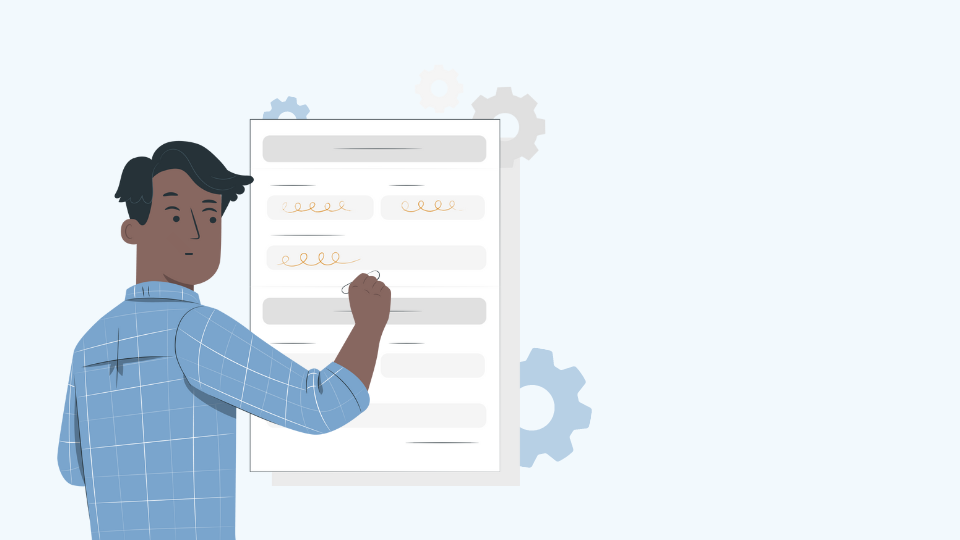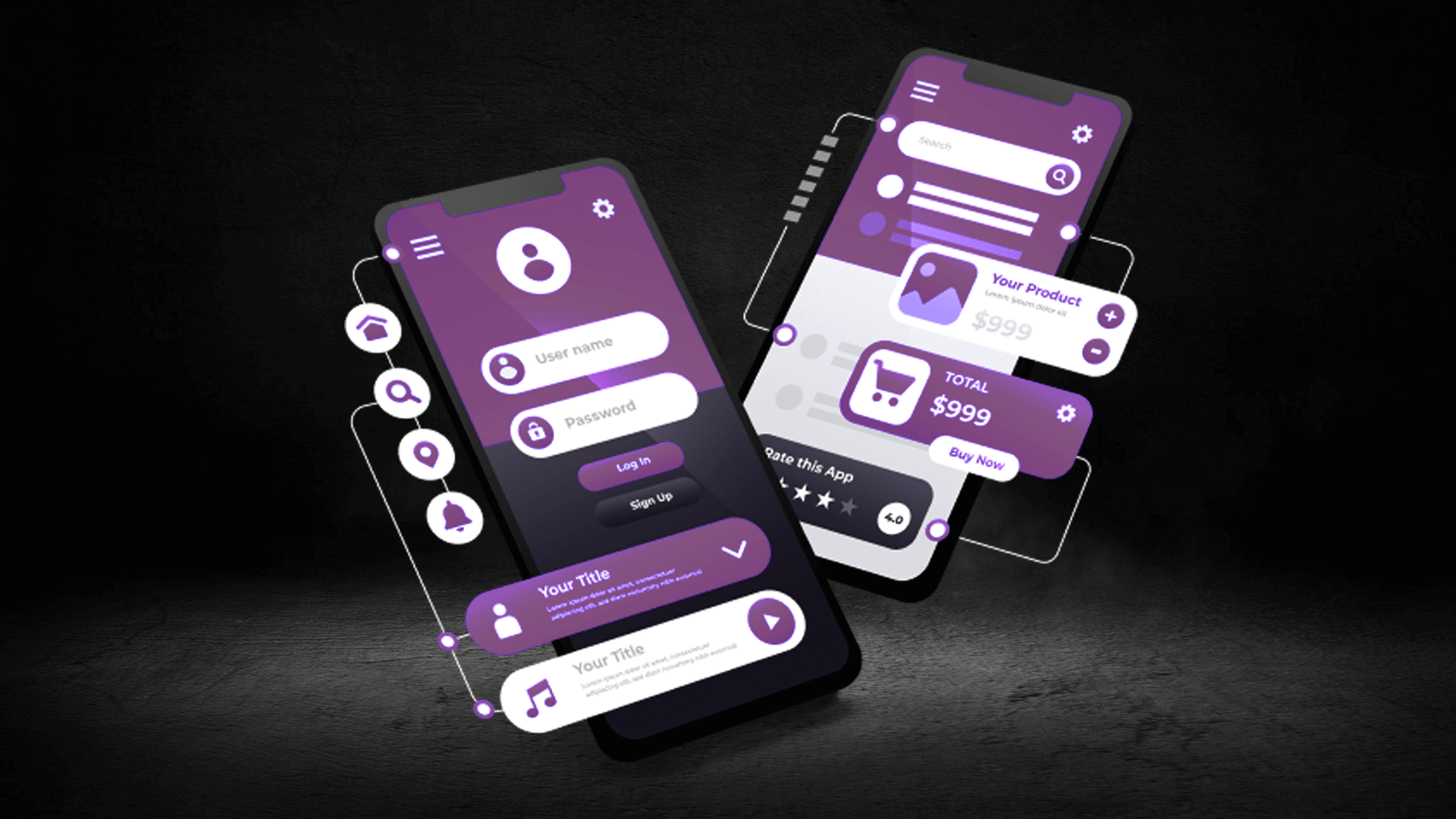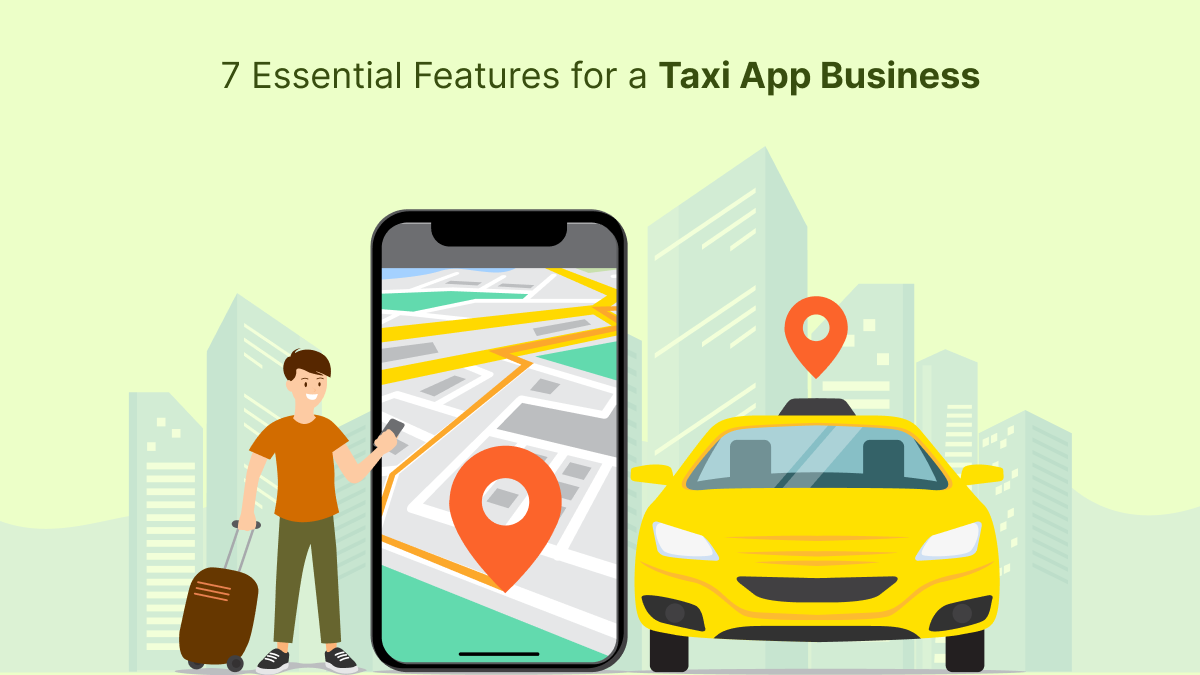Protect Your Privacy: How to Create Safe Online Identities
In today’s digital world, sharing information online feels unavoidable. From social media profiles to online shopping accounts, we’re constantly leaving a trail of data. But how much are you really exposing, and what can you do to protect your privacy? The truth is, your online identity is valuable, and it’s crucial to take steps to safeguard it.
This article will provide actionable tips for creating safer online identities, helping you navigate the digital landscape with greater confidence and security.
Why Protecting Your Online Identity Matters
Protecting your online identity is no longer a luxury; it’s a necessity. In an age of increasingly sophisticated cyber threats, failing to safeguard your personal information can lead to serious consequences.
Imagine receiving a phishing email that looks incredibly legitimate, or worse, discovering that your bank account has been compromised due to a data breach. These scenarios are all too common and highlight the critical importance of online security. Failing to protect your online identity can expose you to phishing scams, identity theft, data breaches, and even online harassment.
Using strong, unique usernames and avoiding the unnecessary sharing of personal information are fundamental steps toward minimizing your risk and maintaining control over your digital footprint.
The Dangers of Reusing Usernames and Passwords
One of the most common mistakes people make online is reusing the same usernames and passwords across multiple websites and services. This practice significantly increases your vulnerability to attacks like “credential stuffing.”
Credential stuffing occurs when cybercriminals obtain lists of usernames and passwords from data breaches. They then use these credentials to attempt to log into various other websites, hoping that users have reused the same combinations. If successful, they can gain access to your email, social media, bank accounts, and more.
While creating unique passwords for every site is ideal, it can be difficult to remember them all. This is where secure username practices become incredibly important.
Tips for Creating Strong, Unique Usernames
Creating a strong and unique username is a simple yet highly effective way to bolster your online security. Here are some best practices to follow:
- Avoid Personal Information: Never use your real name, birthday, or any other easily identifiable information in your username. This makes it easier for attackers to guess your credentials.
- Incorporate Numbers and Symbols: Use a mix of numbers and symbols to add complexity to your usernames. However, avoid predictable patterns like “Password123!”.
- Mix Case: Utilize a combination of uppercase and lowercase letters for added randomness.
- Consider a Username Generator: If you’re struggling to come up with a creative and secure username, consider using a tool like a username generator. These tools can help you create unique and random usernames quickly. One example is Ugener, a user-friendly platform designed to help you generate random usernames and even fake personal information, like names and email addresses, to enhance your online safety.
Beyond Usernames: Protecting Your Personal Information
While strong usernames are essential, they are only one piece of the puzzle. It’s equally crucial to minimize the amount of personal information you share online and to take additional precautions to safeguard your data.
- Use Strong Passwords: Ensure that all your accounts are protected by strong, unique passwords. Consider using a password manager to generate and securely store your passwords.
- Limit Social Media Sharing: Be mindful of the information you share on social media. Avoid posting sensitive details like your address, phone number, or travel plans.
- Use a Separate Email Address: Consider using a separate email address for online registrations and subscriptions to keep your primary email inbox clean and free from spam.
Additional Tools and Resources for Online Privacy
In addition to strong usernames and responsible information sharing, there are several other tools and resources that can help you enhance your online privacy:
- Password Managers: Tools like LastPass and 1Password can help you generate, store, and manage your passwords securely.
- VPNs (Virtual Private Networks): A VPN encrypts your internet traffic and masks your IP address, providing an extra layer of security and privacy.
- Reputable Information Sources: Stay informed about the latest online threats and privacy best practices by following reputable sources like the Electronic Frontier Foundation (EFF) and StaySafeOnline.org.
Conclusion
Protecting your privacy online is an ongoing process, but it’s an investment in your security and peace of mind. Take the steps outlined in this article to create safer online identities, minimize your risk of exposure, and enjoy a more secure online experience. Use strong and unique usernames, be mindful of the information you share, and leverage available tools and resources to protect your data. Start improving your online security today! By taking proactive steps, you can significantly reduce your risk and enjoy a safer online experience.
Here is a list of social media sites where Ugener is present online: https://sites.google.com/view/ugener-com/













